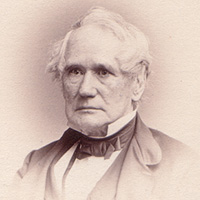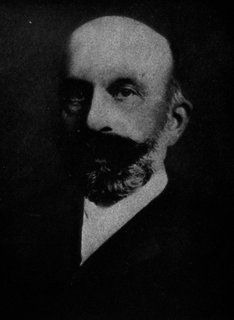A Quote by Jean-Baptiste Say
The celebrated Adam Smith was the first to point out the immense increase of production, and the superior perfection of products referable to this division of labour.
Quote Topics
Related Quotes
This great increase of the quantity of work which, in consequence of the division of labour, the same number of people are capable of performing, is owing to three different circumstances; first, to the increase of dexterity in every particular workman; secondly, to the saving of the time which is commonly lost in passing from one species of work to another; and lastly, to the invention of a great number of machines which facilitate and abridge labour, and enable one man to do the work of many.
Upon this subject, the habits of our whole species fall into three great classes--useful labour, useless labour and idleness. Of these the first only is meritorious; and to it all the products of labour rightfully belong; but the two latter, while they exist, are heavy pensioners upon the first, robbing it of a large portion of it's just rights. The only remedy for this is to, as far as possible, drive useless labour and idleness out of existence.
When Hume and Adam Smith prophesied that a little increase of national debt beyond the then amount of it, would probably occasion bankruptcy; the main cause of their error was the natural one, of not being able to see the vast increase of productive power to which the nation would subsequently obtain.
Green consumerism generally, and 'healthy' products and lifestyles in particular, contain quite precise notions about how an individual should consider his or her well-being. Not only is the market-place celebrated but an understanding of the 'natural body' itself becomes fetishised and idolised. Normality seems to have wholly dispensed with bodily illness and pain. Perfection is the norm, and one that can be gained through acquiring the correct products and perfecting the body.
The most distinguished advocate and the most distinguished critic of modern captialism were in agreement on one essential point: the job makes the person. Adam Smith and Karl Marx both recognized the extent to which people's attitudes and behaviors take shape out of the experiences they have in their work.
The monopoly of capital becomes a fetter upon the mode of production, which has sprung up and flourished along with, and under it. Centralisation of the means of production and socialisation of labour at last reach a point where they become incompatible with there capitalist integument. This integument is burst asunder. The knell of capitalist private property sounds. The expropriators are expropriated.


































